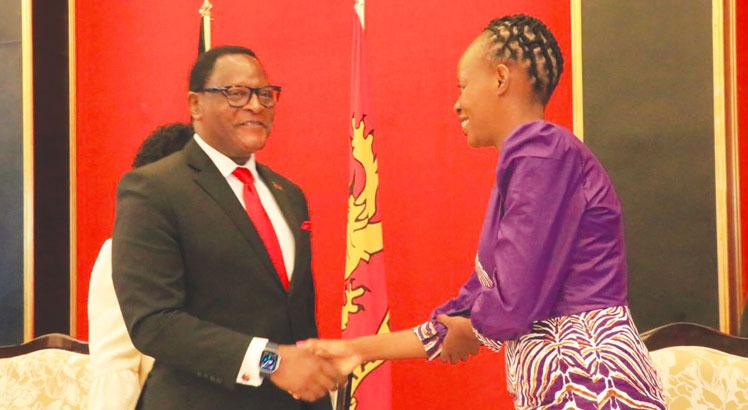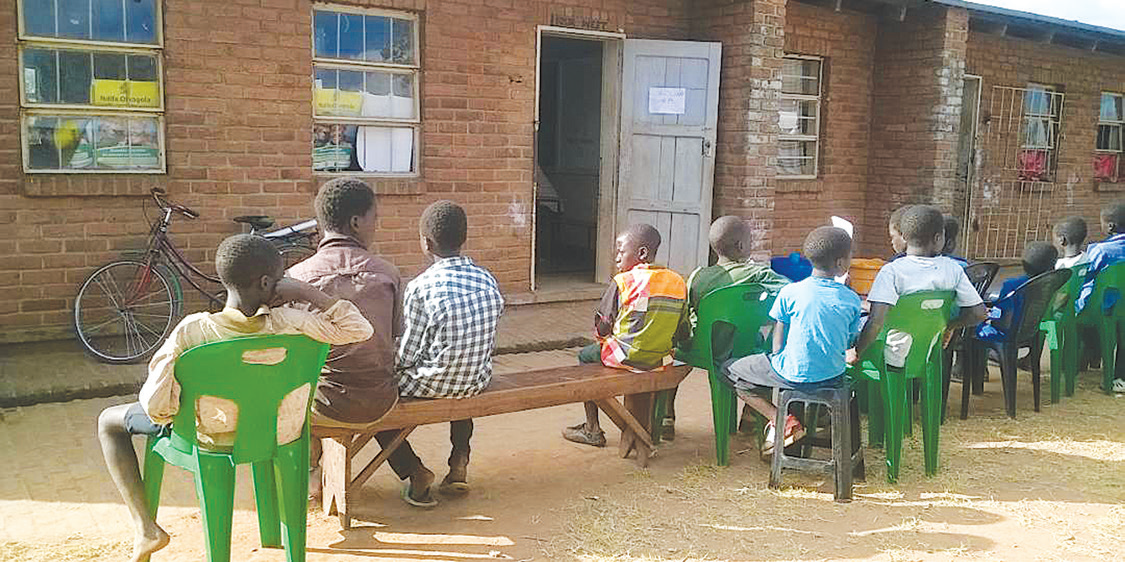Misa-Malawi pushes for media freedom
The Media Institute of Southern Africa (Misa) Malawi Chapter has asked the government to revise laws restricting media freedom to pave the way for free, fair and objective reporting.
Misa-Malawi vice-chairperson Chisomo Ngulube made the call yesterday at Kamuzu Palace in Lilongwe where President Lazarus Chakwera hosted the media to a breakfast as part of World Press Freedom Day which falls on May 3.
She cited criminal defamation and harassment of journalists by law enforcement agencies as some of the things that limit the freedom of the press and pleaded for a review ahead of the September 16 2025 General Elections.
Said Ngulube: “Criminal defamation laws in the Penal Code and the Electronic and Cybersecurity Act [2016] are being implemented in a manner that is becoming a threat to media freedom.”

She highlighted the case of Nation Publications Limited journalist MacMillan Mhone who was arrested in Blantyre and transferred to Lilongwe an online story that he published while working for Malawi24.
Ngulube urged the government to expedite the implementation of the Access to Information Act “through enhanced funding to the Malawi Human Rights Commission and instilling a culture of proactive disclosure in public institutions” as well as implement measures to promote access to the internet.
She said: “The starting point may be the cost of data, as well as the gadgets that are used to access the Internet.
Government needs to reflect on such gadgets to promote access.”
In his remarks, Minister of Information and Digitisation Moses Kunkuyu said the government has already taken some steps to bring down the cost of data to improve access to the Internet, which a survey conducted by the Malawi Communications Regulatory Authority shows is at around 13 percent.
“Internet costs are lower now. They are one of the lowest in Africa,” he said.
Meanwhile, the President has reaffirmed his commitment to ensuring media freedom but urged the media to be positive when reporting on Malawi.
“So, mine is merely an appeal for you to use this freedom to tell better stories, stories that advance our national interests, stories that add value to our pursuit of prosperity, stories that preserve our national pride, stories that inspire the world to support our gallant fight against the monster of climate change,” he said.
Following a recommendation of the United Nations (UN) Educational, Scientific and Cultural Organisation general conference, the UN General Assembly in December 1993 declared May 3 as World Press Freedom Day as a reminder to governments of the need to respect their commitment to press freedom. It is also a day of reflection among media professionals about issues of press freedom and professional ethics.
This year, World Press Freedom Day is dedicated to the importance of journalism and freedom of expression in the context of the current global environmental crisis






y9m9yo